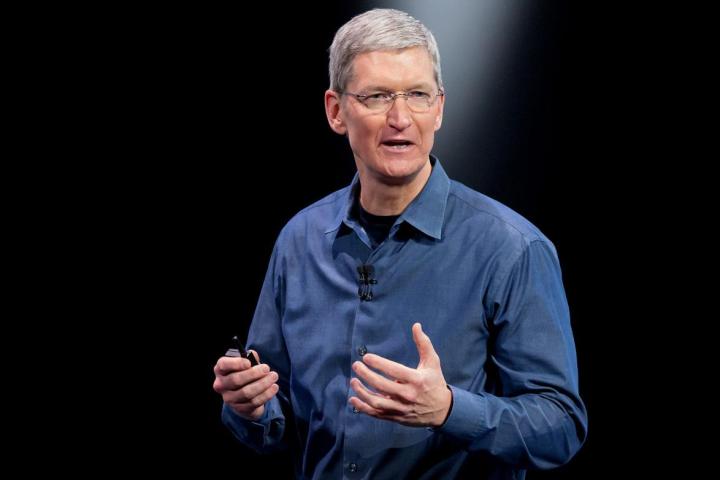
Since 2009, Apple has increased spending on lobbyists in Washington steadily. The company’s executives are also much more visible on Capitol Hill and they frequently set up meetings with government agencies and legislators to discuss government policies and their relationship to Apple’s technology. Bloomberg reports that the amount Apple spends on lobbying efforts has very nearly doubled since 2009.
The most recent surge occurred in 2013 and 2014, the years during which Apple was reportedly developing its first wearable, the Apple Watch. OpenSecrets.org revealed that Apple lobbied the White House and Congress, as well as 13 different government departments and agencies, including the Food and Drug Administration (FDA), and the Federal Trade Commission (FTC), in 2014 alone.
It’s suspected that Apple’s conversations with the FDA likely revolved around the Apple Watch and the administration’s rules for regulating medical devices in the form of wearable technology. In fact, the FDA recently published guidelines for regulating wearables that will almost certainly ensure that the FDA doesn’t even glance at the Apple Watch before its release. Additionally, the FTC spoke with Apple at length about the security of users’ health data.
Apple also spent time and money working to rehabilitate its reputation with the FTC, after the ebook pricing scandal, unfair billing for in-app purchases, and the companies’ off-shore tax shelters came to light. Additional conversations took place regarding the security of users’ health data in Health Kit and the Apple Watch itself. The FTC even took Apple to task over the iCloud nude photo leak, and pressed the company on matters of general user data security policies.
Overall, other lobbyists and government officials told Bloomberg that Apple’s new proactive approach is positive and ensures that customers are better informed, while keeping Apple accountable for its actions and new products. The fact that Apple is diving into sensitive areas like banking with Apple Pay and health add to the heightened level of scrutiny Apple faces from the government, and its need to stay ahead of regulators.


